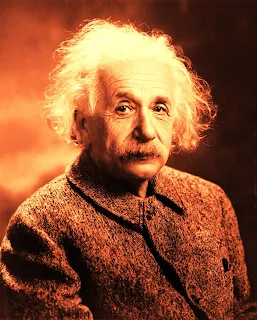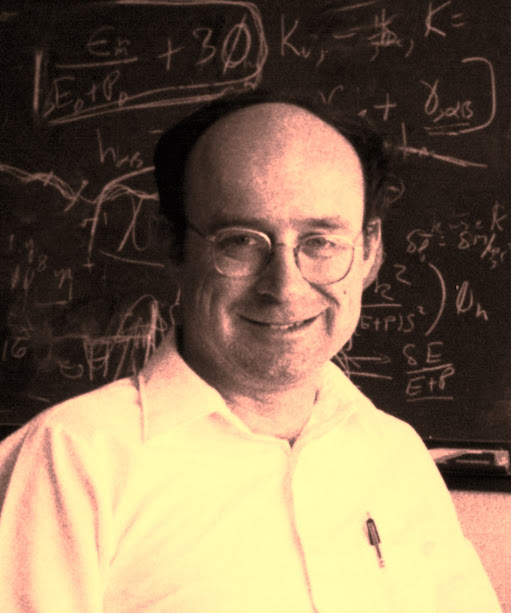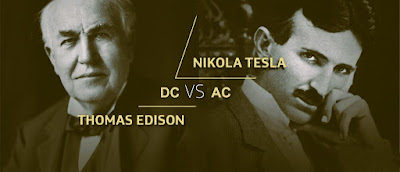Albert Einstein: The Genius
The theory of relativity, developed by renowned scientist Albert Einstein, revolutionized how we think about space, time, and gravity. His birthday was March 14, 1879, and he passed away on April 18, 1955, in Princeton, New Jersey, in the United States. He was born in Ulm, in the Kingdom of Württemberg, in the German Empire. The special theory of relativity and the general theory of relativity are the two main parts of Einstein's theory of relativity.
The famous equation E=mc2, which represents the equivalence of mass (m) and energy (E), was first proposed by the special theory, which was published in 1905. This theory demonstrated that the rules of physics are the same in all inertial reference frames.
Published in 1915, the general theory of relativity expanded on the special theory and offered a fresh perspective on gravity. In accordance with this theory, mass, and energy produce the curvature of spacetime, not gravity, which is a force. It explains phenomena like gravitational time dilation and light bending around large objects. The scientific world was greatly impacted by Einstein's work, which resulted in significant improvements in physics. His discovery of the law of the photoelectric effect, which aided in the development of quantum mechanics, earned him the Nobel Prize in Physics in 1921.
Along with his contributions to science, Einstein was also renowned for his political and humanitarian engagement. He was a pacifist who opposed both the spread of nuclear weapons and war. He was active in a number of social and political movements, including Zionism, civil rights, and the creation of a global government. One of the most significant physicists of the 20th century, Einstein was known for his intelligence and innovation. His theories still serve as the cornerstones of contemporary physics, and the word "genius" has come to mean him.




Comments
Post a Comment